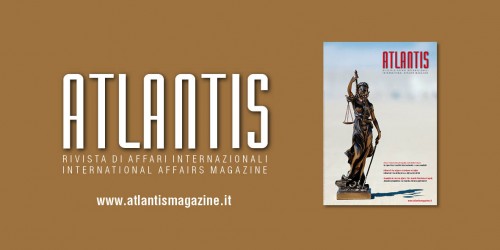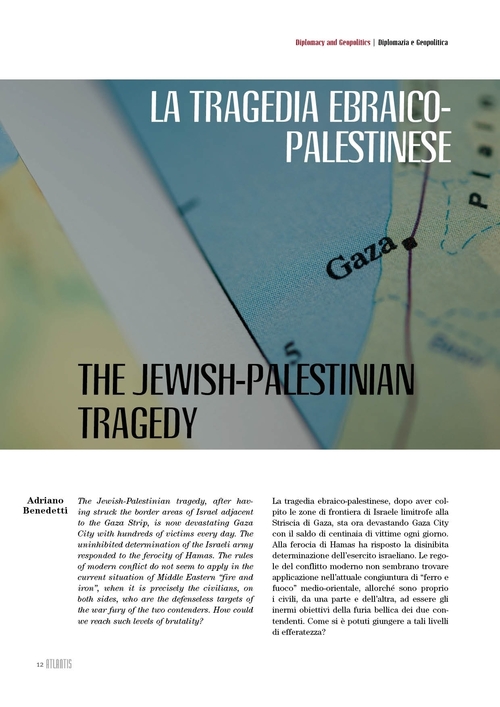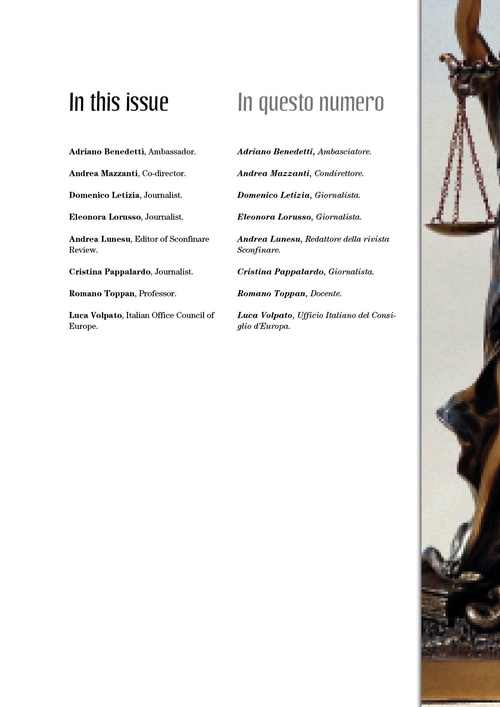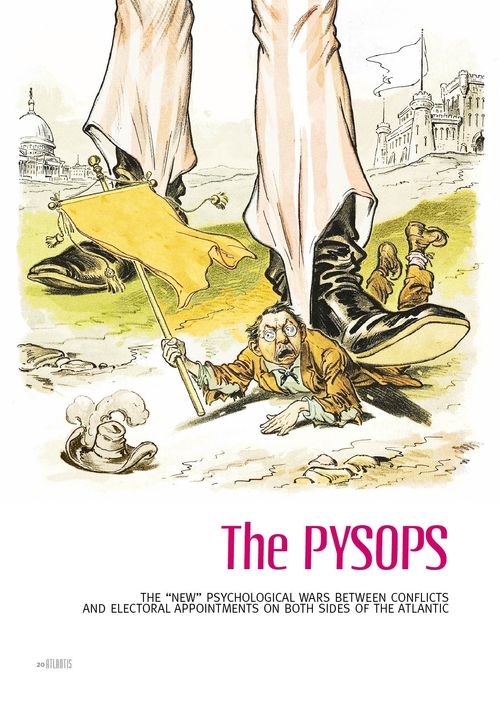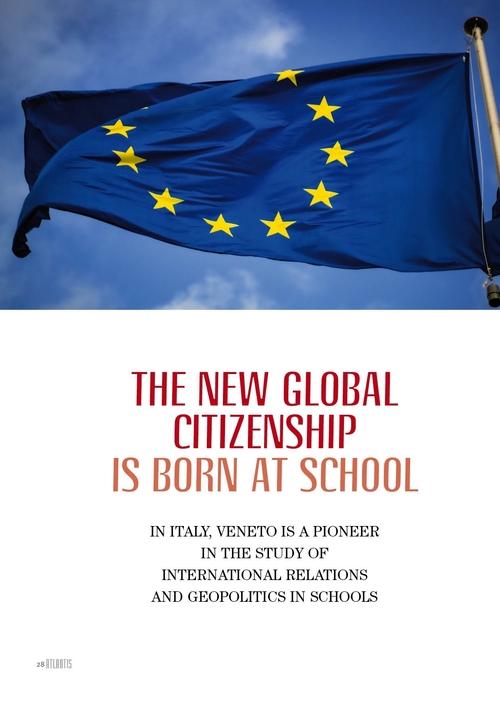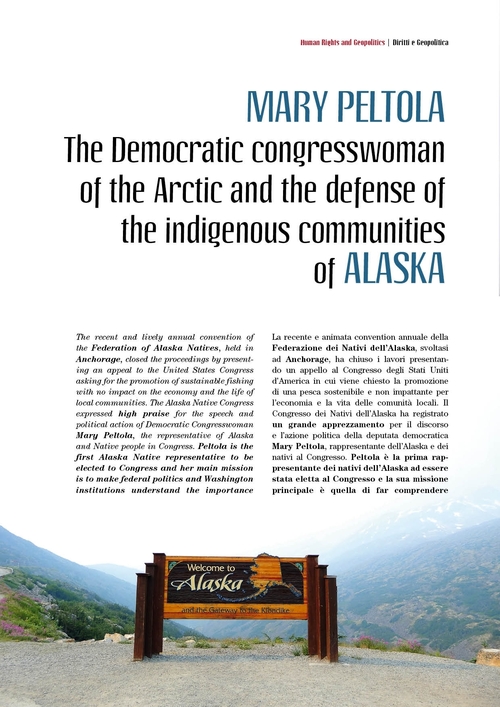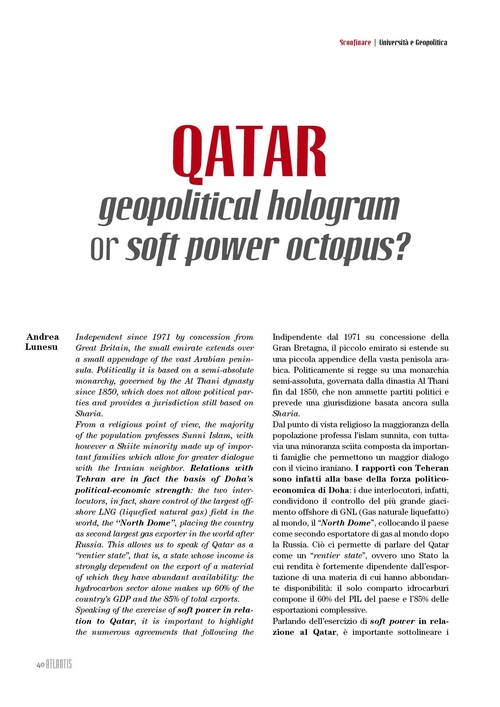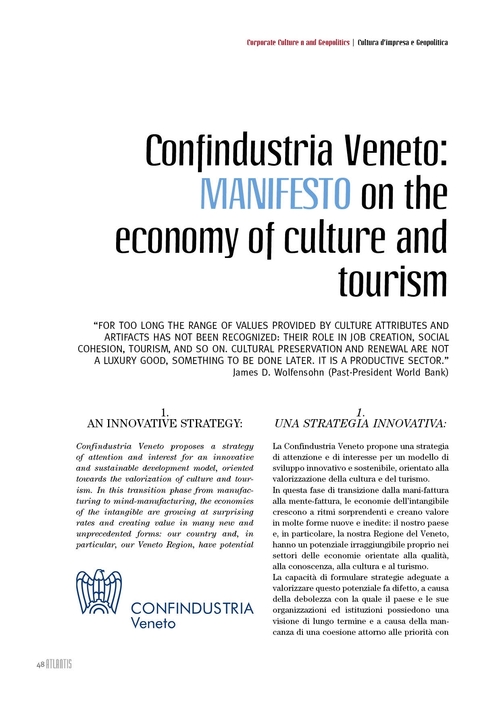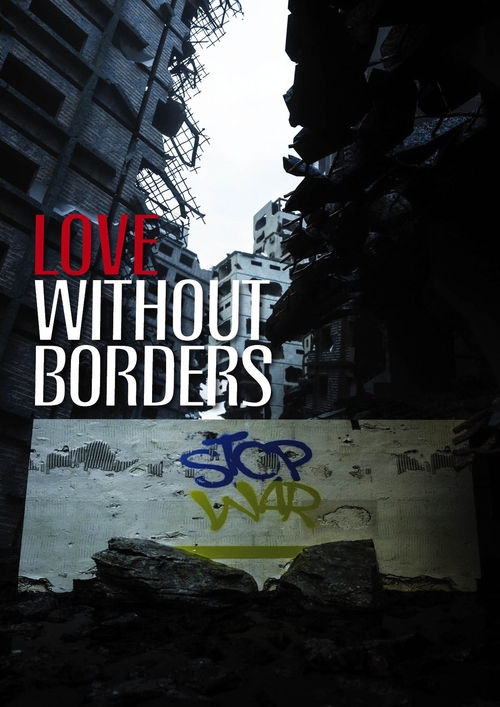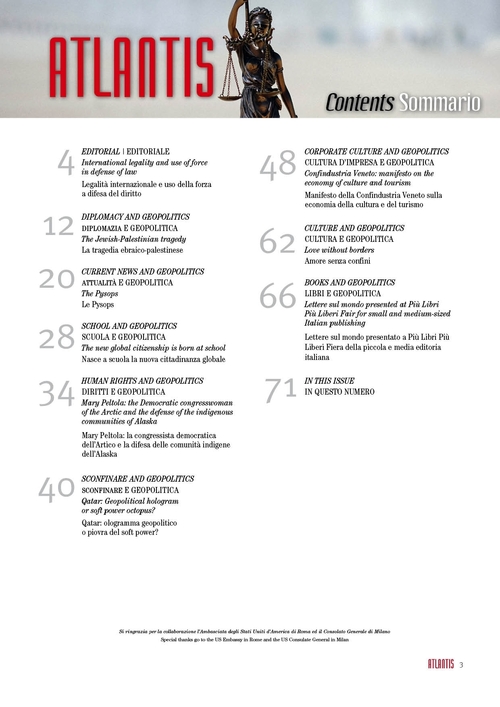INTERNATIONAL LEGALITY AND USE OF FORCE IN DEFENSE OF LAW
Current affairs: the war fronts and their implications
Ukraine: A Conflict That Tests International Legality
The conflict in Ukraine, with Russia's annexation of Crimea and the ongoing conflict in the east of the country, represents a serious challenge to international legality. The international community is called upon to respond to clear violations of the principle of state sovereignty and territorial integrity.
Israel-Palestine: A History of Conflict and Violated Human Rights
The conflict between Israel and Palestine is a constant source of concern for the international community. The continued violence has significant implications for human rights, with many voices raising concerns about violations of civil rights and international humanitarian norms.
Azerbaijan: The Nagorno-Karabakh Conflict and Its Aftermath
The conflict between Azerbaijan and Armenia over control of Nagorno-Karabakh has recently brought attention back to the region. The violence and territorial disputes have highlighted the challenges of managing conflicts and human rights violations.
Global Implications and Responses of the International Community
The presence of over 50 war fronts in the world highlights the complexity of maintaining international legality and the protection of human rights. In this context, it is crucial to analyze how the international community responds to these challenges.
International Responses: Efforts and Limitations
International organizations such as the UN are called upon to play a crucial role in resolving conflicts and promoting human rights. However, limitations in actions and resolutions can slow progress.
Diplomatic and Humanitarian Efforts: The Keys to a Sustainable Solution
Diplomatic and humanitarian efforts play a key role in mitigating the consequences of conflicts. The involvement of non-governmental organizations and diplomatic actors can help provide humanitarian assistance and work towards long-term solutions.
Conclusions: Challenges to Face and Hopes for the Future
In conclusion, the analysis of these war fronts highlights the need for a global commitment to address violations of international law and human rights. While challenges are numerous, collective efforts can lead to a more just and peaceful world. By working together, the international community can overcome current difficulties and build a future in which the rule of law and human rights are universally respected.
Institutions and Tools for the Protection of Human Rights
International Court of Justice (ICJ): Guardians of the Rule of Law
The ICJ, based in The Hague, plays a key role in resolving disputes between states and issuing advisory opinions on legal issues. Its authority is based on the consent of states, and its jurisdiction is limited to matters submitted by them. However, its contribution to the definition of international legality is significant.
International Criminal Court (ICC): Addressing Crimes Against Humanity
The ICC was established to prosecute individuals responsible for crimes against humanity, genocide and war crimes. Its presence is crucial in ensuring that those who commit serious human rights violations are held to account before an international tribunal.
Other Protection Mechanisms: Commissions and Agreements
Numerous international commissions and agreements work to monitor and protect human rights. Examples include the Inter-American Commission on Human Rights and the United Nations Convention Against Torture. These bodies provide forums for reporting and examining human rights violations.
Analysis of Successes and Challenges
Successes in the Field of Human Rights Protection
There have been cases where international institutions have been successful in prosecuting human rights violations. For example, the ICC has issued convictions for war crimes, providing a form of justice internationally.
Challenges and Limitations
However, there are also obvious challenges, such as the lack of universal adherence to such institutions and the difficulty in enforcing decisions. Political disputes and a lack of cooperation from some states represent significant obstacles.
Conclusions: Prospects for the Future
In conclusion, while there are institutions and instruments dedicated to the protection of human rights, it is essential to address the challenges to ensure a more effective application of international law. Strengthening membership, improving international cooperation and addressing shortcomings in existing mechanisms are crucial steps to ensuring a future in which human rights are universally respected.
Contemporary Challenges
Violence and Human Rights Violations
The persistence of armed conflicts in various regions of the world continues to generate violence and violations of human rights. The human cost of such conflicts is enormous, with thousands of people affected and serious consequences for the safety and well-being of communities.
Discrimination and Inequality
Discrimination based on race, gender, religion or sexual orientation persists in many societies. These forms of discrimination undermine the fundamental principles of international law and hinder the achievement of a just and inclusive society.
Limited Access to Education
In some parts of the world, access to education is still limited, especially for girls and women. This disparity in access to education represents a violation of basic human rights and contributes to the perpetuation of the cycle of poverty.
Implications on International Legality
Global Responses to Challenges
Addressing these challenges requires a global response. The international community must work together to promote peace, prevent violence and eliminate inequalities in access to fundamental rights.
Role of Non-Governmental Organizations (NGOs)
NGOs play a crucial role in monitoring and reporting human rights violations. Their commitment on the ground is often fundamental in bringing international attention to crisis situations and in providing humanitarian aid.
Progress and Positive Initiatives
Education as the Key to the Future
Education is a fundamental key to overcoming many of today's challenges. Investing in education, especially for girls, not only promotes international rule of law, but also helps create more balanced and sustainable societies.
Diplomatic Efforts for Peace
In many regions affected by violence, diplomatic efforts for peace are underway. Conflict resolution and the promotion of diplomatic solutions are essential to stabilize regions and ensure respect for human rights.
Conclusions: A Global Call to Action
In closing, understanding and addressing contemporary challenges are critical to the advancement of international legality and human rights. Through global collaboration, concrete efforts and collective commitment, the world can progress towards a future where peace, justice and respect for human rights are the norm.
Conclusions: Looking to the Future
International legality and the protection of human rights are complex challenges that require constant commitment from the global community. In reflecting on what has been discussed, some key considerations emerge:
The Need for Universal Commitment
Addressing human rights violations requires universal commitment. No country or institution can address these challenges alone. International cooperation and mutual respect are key to creating a world where human rights are universally protected.
Challenges as Opportunities for Improvement
Current challenges also represent opportunities to improve and strengthen existing mechanisms. Learning from past mistakes and adapting to new challenges will help create more robust and resilient systems.
Key Role of Education and Awareness
Education and awareness are key to change. Promoting understanding of the principles of international law and human rights from an early stage in education will help create knowledgeable and engaged global citizens.
Hope in a Future of Justice and Peace
Despite the challenges, there is hope. The joint efforts of the international community, supported by individuals, organizations and governments, can lead to a future where international legality is respected and human rights are defended without compromise.
In conclusion, the path towards international legality and the protection of human rights is long, but every step forward is crucial to building a more just, equitable and peaceful world.
